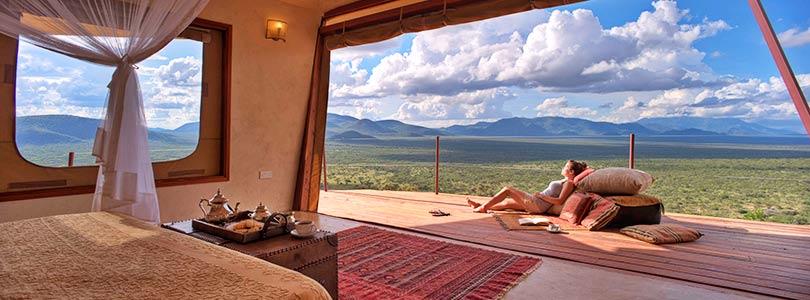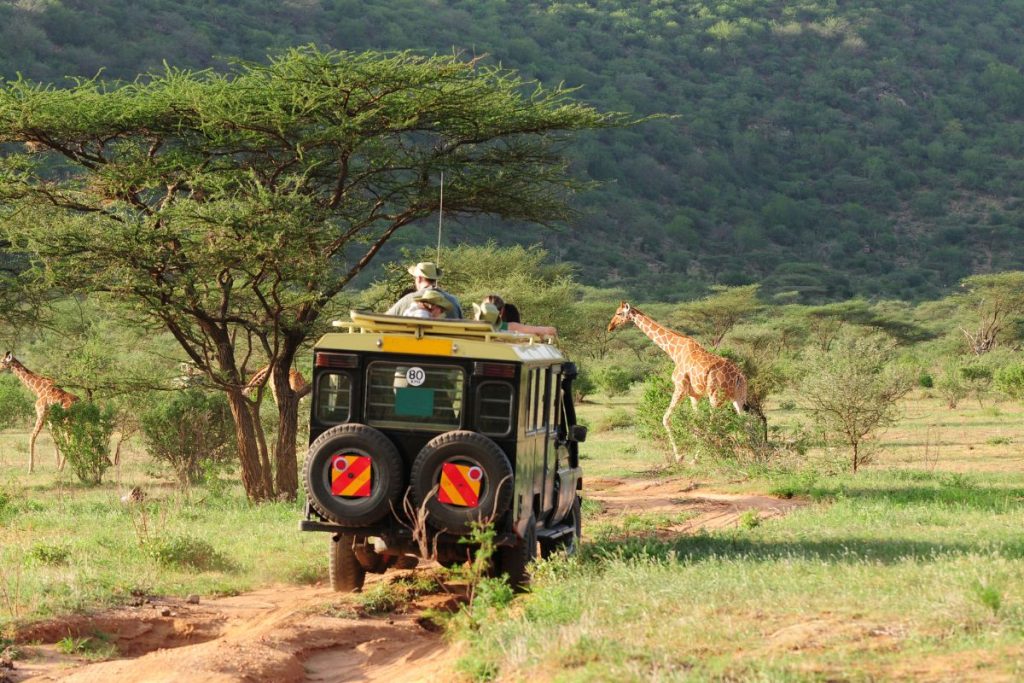Great Advice To Deciding On Mombasa City Tour
Wiki Article
What Health Precautions Do I Need To Be Aware Of While On Vacation In Mombasa?
To ensure you enjoy an enjoyable, safe holiday in Mombasa Kenya It is vital to take essential health precautions. Here are some of the most important health concerns:
1. Vaccinations
Routine Vaccinations: Ensure that you are up-to-date on routine vaccines such as measles-mumps-rubella (MMR), diphtheria-tetanus-pertussis, varicella (chickenpox), polio, and your yearly flu shot.
Hepatitis A. It is recommended for those who travel and consume food or drinks that contain contaminants.
Hepatitis B travelers who might be exposed to blood or bodily fluids through sexual contacts, medical treatments or use of drugs should be informed.
Typhoid: Important for those staying with friends or relatives traveling to small cities or areas in rural settings, or are food-lovers.
Yellow Fever. Tourists from countries with a high risk of introducing yellow fever may require an official certificate of vaccination. Make sure you are aware of the current requirements.
Rabies: Think about it when you travel outside and are exposed to animal bites. This could include people who are camping, hiking or caving.
2. Malaria Prevention
Antimalarial Medicine: Mombasa is a malaria-endemic area. Discuss with your physician on the antimalarial drugs which are appropriate for your needs.
Wear long sleeves and pants at the night and at evening. Use insect repellents that contain DEET. You should sleep under a mosquito net when you are not in a room with air conditioning or one with a good screen.
3. Food and Water Safety
Be aware of drinking water that is safe Use only boiling or bottled water. Avoid drinking tap water, ice cubes, and beverages that aren't sealed.
Avoid eating meats that are raw or cooked, seafood and unwashed fruits and vegetables. Avoid raw or unwashed fruits and vegetables and seafood. Street food should be avoided. Instead, select restaurants that are reputable.
4. Diarrrhoea as a route
Soaps and hand sanitizers make excellent alternatives for hand washing. Avoid consuming food and beverages from a source that is not safe.
Always carry medication, such as Imodium (loperamide), and salts or oral Rehydration. It is recommended to consult with your doctor to determine the need for antibiotics in serious instances.
5. Sun Protection
Make sure you use a sunscreen that has at least a 30 SPF. Make sure to apply it regularly, especially in the event that you've spent time in the water or sweated.
Wear sunglasses and hats to protect yourself from the sunlight. Also, dress in light, long-sleeved and lightweight clothing.
6. Heat and Hydration
Stay Hydrated. Drink plenty, preferably water to avoid dehydration. Avoid drinking too much caffeine and alcohol because they can cause dehydration.
Do not overexert yourself Stop for breaks, especially during the most hot times of the day. Seek shade and cool environments to prevent heat exhaustion or heat stroke.
7. Security in Water Activities
Swim in Areas Delineated: Make note of the local advice and swimming conditions, and also any potential dangers, like a strong flow.
Marine Life awareness: Be aware of dangerous marine life and stay clear of it, which includes jellyfish and seaurchins. Wear water shoes when walking through shallow water.
8. Care and Insurance. Care and Insurance
Travel Insurance: Make certain to purchase complete travel insurance that covers evacuation in case of medical emergency.
Local Medical Facilities - Become familiar yourself with the location of the most reputable medical centers in Mombasa. Most major hotels have information about nearby hospitals and doctors.
It is also recommended to carry a copy with you of your prescription as well as an adequate supply of any prescription medications you require.
9. Emergency Contacts
Contact information for your country's Embassy, Consulate or Embassy in Kenya.
Local Emergency Phone Numbers:
Use these tips to reduce your risks, and enjoy your holiday in Mombasa. See the recommended airport transfers kenya for site recommendations including tour mombasa, mombasa safari packages, tour company in kenya, luxurious african safari, facts about kenya, safari and tours, holiday packages mombasa, tour company, kenya safari beach, safari excursions and more.

What Should I Know About The Conditions In Mombasa While I Am On Vacation?
To make the most of a trip to Mombasa in Kenya, it is important that you understand the local weather patterns. Here are the main weather considerations.
1. Climate Overview
Mombasa experiences a tropical weather with high humidity and temperatures throughout the year. Expect warm weather, with temperatures that range from 24degC (75%F) to 32degC (90%F).
2. Seasons
The Hot and Humid Season (November to April) This time season is marked by high temperatures and humidity. This is also the most popular tourism season, especially in December and January.
Long rains: (April-June) The rainy season is characterized by heavy rainfalls and thunderstorms. The roads can be slippery, making them difficult to navigate. The season is not busy for tourists.
Cooler season (June through October) The temperature and humidity levels are the lowest in this period. The weather is usually comfortable and suitable for outdoor sports.
Short rains (October to November): These are short rainshowers that are not as intense. The rains typically last for few minutes and are followed by bright skies.
3. Tips for packing
Lightweight Clothing: Bring lightweight and breathable clothes like linen and cotton to keep cool in the humid weather.
Rain Gear: Bring an umbrella, raincoat and waterproof shoes if traveling during rainy seasons.
Sun Protection: Apply sunscreen with an SPF of high. Wear a broad-brimmed hat and sunglasses. Wear clothes that cover the skin.
Swimwear - Make sure to wear your swimwear whenever you visit the beach or hotel pools.
4. Weather Specific Activities
Beach Time: The best time to enjoy beach activities is in the cooler seasons (June through October) when the weather is nice and the conditions for swimming are ideal.
Clear and calm water is ideal for diving, snorkeling and water sports, between November and March.
Wildlife viewing: Now that the weather improves this is the perfect time to take a safari or nature excursions.
5. Things to Consider for Health
Be sure to drink plenty of water in the hot, humid climate. Drink plenty of fluids, particularly when you're outside.
Heat-Related Diseases: Be alert to the dangers of heatstroke or exhaustion. Wear loose clothing, take breaks under the shade and avoid intense exercise in the heat of the day.
6. Travel Adjustments
Rainy Season Travel: Be prepared to be faced with delays and interruptions when you travel during the season of rain. Some roads could be impassable. Outdoor activities could be restricted.
The delay of flights due to tropical storms and rain could cause delays for flights. Be conscious of your travel schedule and make contingency plans.
7. Environmental Concerns
Natural Hazards - Know that heavy rain can trigger flooding. Keep informed about local weather forecasts and adhere to safety guidelines.
Be conscious of tides when planning your beach activities. They can shift dramatically. Look up local tide times for safe swimming and beachcombing.
Knowing what you can anticipate from the weather conditions in Mombasa You can better plan and prepare for your trip, pack securely, and enjoy an enjoyable trip. See the most popular best holiday destinations in kenya for more examples including kenya safaris, kenya safari and beach, mombasa travel agency, travel & tours company, afri safari, africa and safari, african safari tours kenya, afri safari, facts about kenya, mombasa safari and more.

What Are My Responsibilities As An Environmentalist, When I'm On Vacation In Mombasa Kenya?
It is crucial to take care of the environment when holidaying in Mombasa. This will help preserve the beauty and biodiversity of the region. Here are a few key environmental obligations you need to be aware of:
1. Sustainable Accommodation
Eco-Friendly Accommodations: Look for hotels that encourage sustainability. Look for certifications like Eco-Tourism Kenya and other eco-labels.
Conservation of Resources: Participate in hotel initiatives aimed at conserving water and electricity. Reuse towels and linens. Switch off the lights and air conditioning when not being used.
2. Responsible Wildlife Viewing
Be respectful of wildlife and stay away from them in order to prevent disturbing. Follow the instructions given by your tour leader.
Avoid feeding animals. Feeding wildlife could disrupt their natural diet and behaviour.
Leave No Track: Don't litter around wildlife parks or reserves. Bring all of your garbage with you and dispose of it properly.
3. Plastic Reduction
Reduce the use of plastics by using single-use. Carry a reusable mug bag, bag, or other utensil.
Support local initiatives: Take part in beach cleanups and help organizations that reduce plastic pollution.
4. Water Conservation
Mombasa is a victim of water shortages. Showers need to be shorter and taps shut off when not being used.
Eco-friendly Products: Choose biodegradable and eco-friendly toiletries to lessen the impact of water pollution.
5. Energy Conservation
Reduce Energy Consumption: Limit the usage of air conditioners and disconnect electronic devices when they are not being used.
Encourage renewable Energy by selecting accommodation and tour operators that make use of renewable energy sources.
6. Sustainable Transportation
Reduce your carbon footprint by using public transport options, such as buses or matatus, whenever possible.
Consider short-distance walking or renting bicycles. Certain areas have eco-friendly tuk-tuks.
7. Supporting Local Economic Development
Support local businesses: Contribute to local businesses by buying souvenirs, food and other items from local vendors.
Fair Trade: Choose products that have been certified fair trade so that local farmers get fair compensation.
8. Environmental Education
Learn and Share Learn and Share - Get educated about the local environment and the conservation efforts. To raise awareness, share what you've learned with your friends and family.
Respect local cultures : Understand and respect local traditions, practices, and beliefs relating to the protection of the environment.
9. Marine Conservation
To ensure that you're taking your snorkeling and diving in a safe manner be sure to avoid touching coral reefs or stepping directly on them. Use sunscreen that is safe for reefs and non-toxic to protect marine wildlife.
Do not throw trash into the sea. Join or help in marine conservation efforts.
10. Ethical Souvenirs
Avoid Wildlife Products. Avoid purchasing products made that contain endangered species. For example, tortoiseshell and ivory.
Sustainable Materials: Purchase souvenirs made from recycled or sustainable materials.
11. Participate in Conservation Activities
Think about volunteering in tourism for the community or conservation projects.
Help local non-governmental organizations. Give money to NGOs or conservation organizations working to safeguard and conserve the environment.
12. Responsible Travel Policies
Travel in small, intimate groups to minimize the environmental impact.
Eco-Tours. Select tour operators who are committed to sustainable practices and follow environmentally friendly practices.
Help protect Mombasa's natural resources by bearing your mind on these environmental obligations. This will ensure that the beauty of the region and its diversity are protected for future generations. See the most popular kenya tours and safaris for more info including travel & tours company, tours and safaris, tour company in kenya, travel tours in kenya, safaris beach, kenya safaris, safari excursions, holiday packages mombasa, african safari packages, trips to kenya and more.
